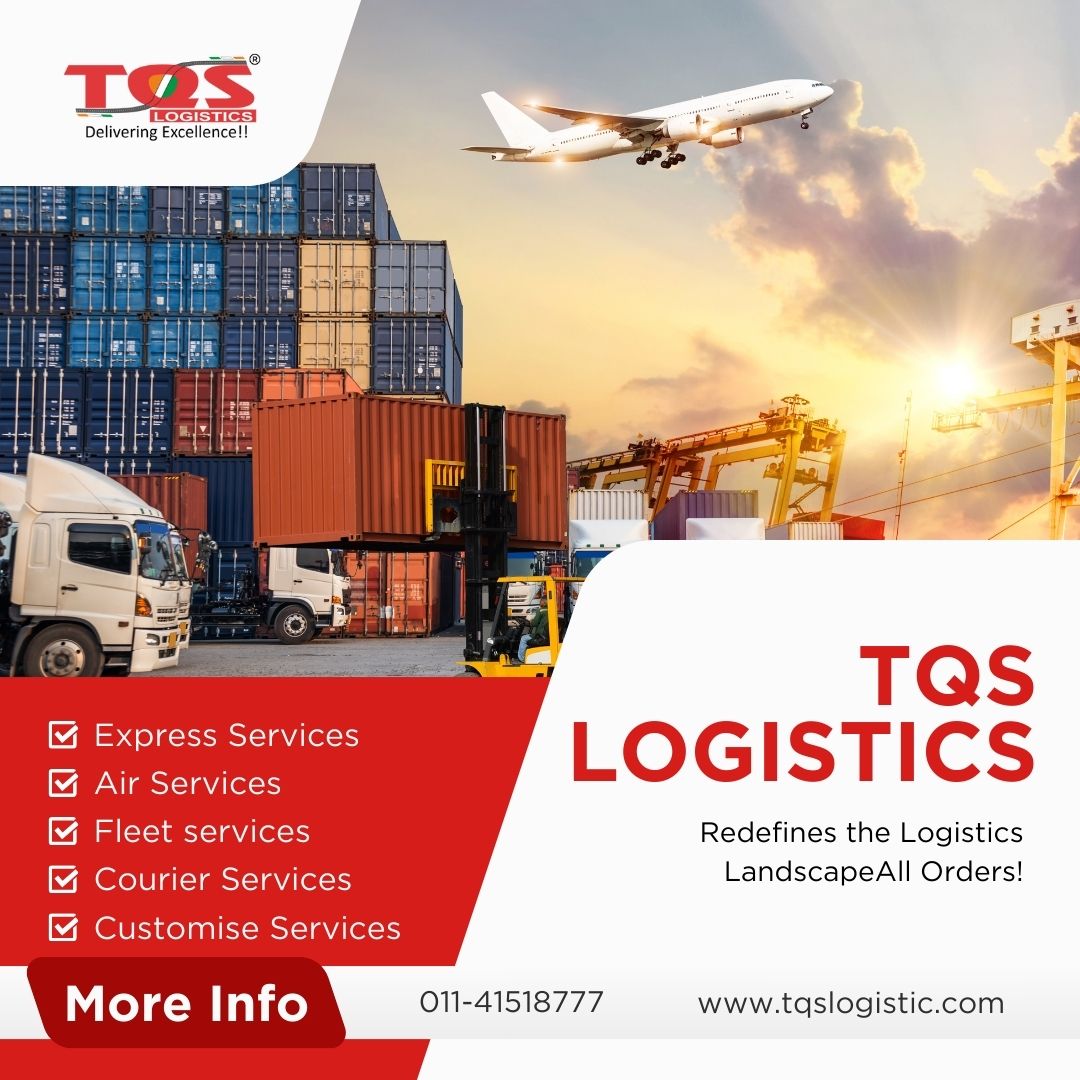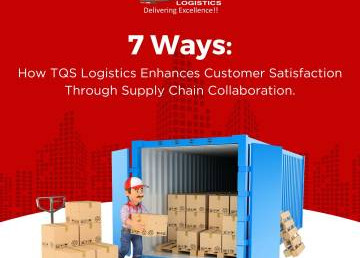
Key Features to Look for Important Qualities of a Strong Transport Management System.
Real-time tracking and visibility: The ability to follow shipments and cars in real time facilitates a better understanding of the transportation process. Are Businesses may monitor the flow of goods, anticipate delays, and provide clients with accurate delivery estimates with the use of this service.
Fleet Management: Automated workflows that simplify routine chores such as order processing, shipment tracking, and billing are provided by an efficient TQS. Automation reduces the possibility of human error, which improves accuracy while also saving important time. TQS frees up your team to concentrate on more strategic facets of transportation management by automating time-consuming and repetitive tasks, which eventually boosts output and customer satisfaction.
Fleet technology changes how effectively fleet maintenance and operations are carried out. This web-based integrated solution ensures that vehicles maintain optimal performance and efficiency across a range of weather and terrain conditions. With modules including Body Shop/Accident Repair Management, Warranty Management, Scrap Management, Vendor Management, Report Management, Route Maintenance, Tire Management, Battery Management, and Preventive Maintenance, TMS thoroughly covers every aspect of fleet maintenance.
Connectivity to Systems of Enterprise Resource Planning: A seamless integration with the Enterprise Resource Planning (ERP) system enables order processing, inventory control, financial reporting, and other business operations and transportation. This connection simplifies processes and boosts overall corporate productivity.
Support for digital record-keeping, electronic documentation, and regulatory compliance is provided by electronic documentation and compliance Tqs logistics feature streamlines paperwork, ensures compliance with legal standards, and reduces the likelihood of errors and fines.
robust analytics and reporting capabilities to identify trends, track key performance indicators (KPIs), and make data-driven decisions. This role provides insights into transportation operations, aids in the identification of areas for improvement, and promotes strategic planning.
Customer Collaboration: Some of the tools available to support customer collaboration include automated notifications, shipping tracking, and online booking. This feature improves customer satisfaction, fosters stronger client relationships, and fosters communication.
Flexibility and Scalability: a platform that can accommodate growth, adapt to changing business needs, and integrate with new technologies should be flexible and adaptable. This feature ensures that the TMS can expand to meet the needs of the business as it grows. By considering these crucial factors, businesses may select a dependable transport management system that meets their specific requirements and helps them effectively optimize transportation operations.



